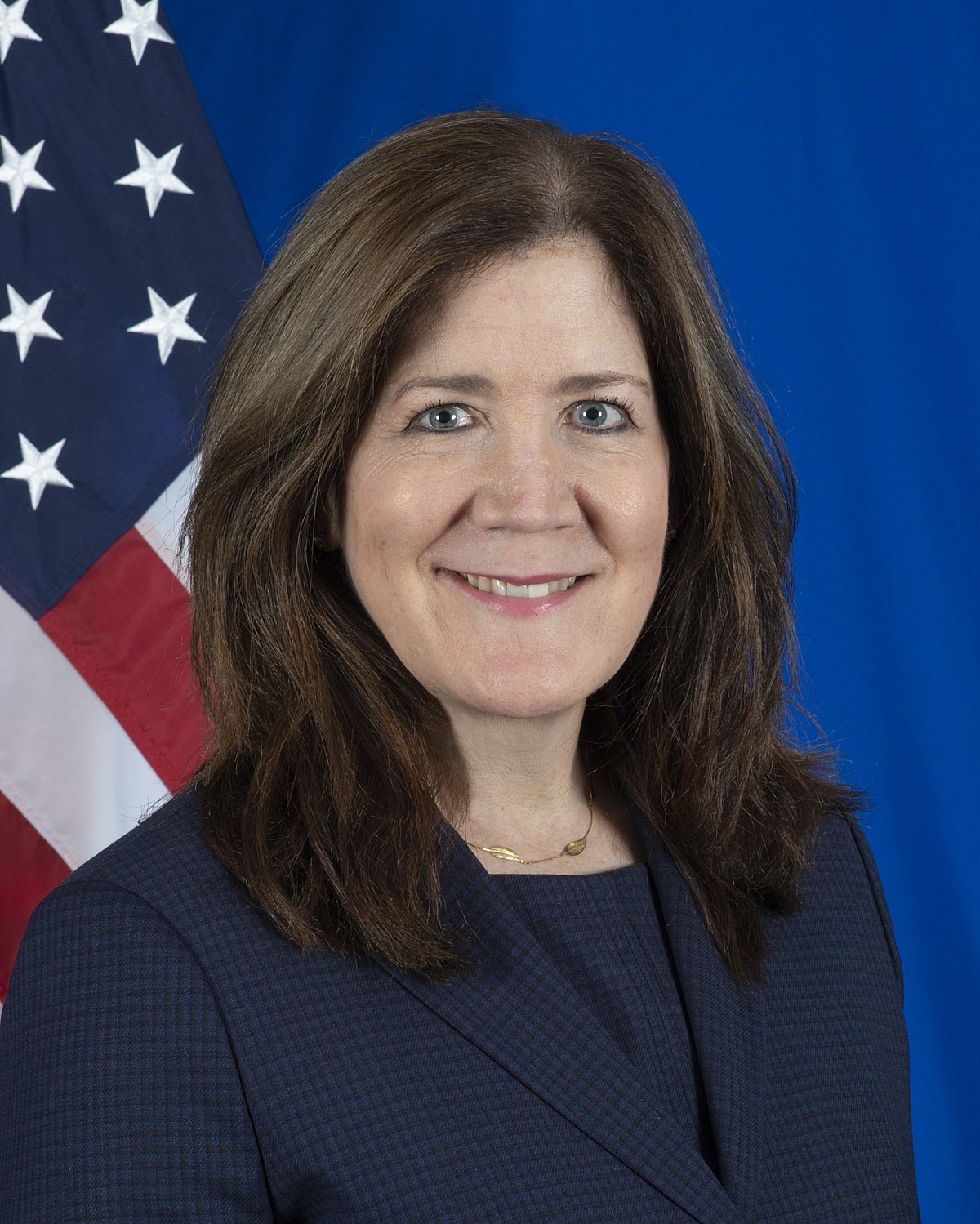
By Nada Homsi — .thenationalnews.com — Two Lebanese MPs charged in connection with the explosion at Beirut port on Monday filed appeals to have the lead investigator dismissed in the latest attempt by those he has charged to stall the probe. MPs Ghazi Zaiter and Ali Hassan Khalil, members of Hezbollah ally the Amal Movement, filed appeals only days after Judge Tarek Bitar resumed his investigation that had been delayed for months by political interference. The resumption led to more judicial paralysis as another judge ordered him to stop and accusations were made by rights groups that officials were obstructing justice. Attorney for the MPs, Samer Hajj, confirmed the latest move and showed The National a copy of the appeals he had filed. “The first appeal I filed was a form on behalf of both MPs requesting the transfer” of the judge leading the investigation, “and the second was a penal complaint against him by Ali Hassan Khalil”, Mr Hajj said. Mr Khalil accused Mr Bitar of “abuse of power and breach of job duties”. “Judge Bitar’s role in the investigation is a violation of his position, provoking sectarian and racial strife,” the complaint stated.
The MP also accused Mr Bitar of “usurping administrative authority” and committing “the crime of impersonating Lebanon’s top prosecutor”. Mr Bitar last week cited legal residence and unexpectedly resumed his investigation after 13 months and charged multiple high-profile officials in connection with the blast ― including Prosecutor General Ghassan Oueidat, head of General Security Gen Abbas Ibrahim and State Security chief Gen Tony Saliba. The backlash to those charges was immediate, leading to challenges from within the judiciary itself and a legal tug-of-war. Mr Oueidat maintains that the investigation is still suspended and says Mr Bitar is “rebelling against the judiciary”. Mr Bitar, however, cited studies that challenge the suspension’s legality. Mr Khalil and Mr Zaiter were charged in December 2020 by the previous judge leading the investigation into the port blast, Fadi Sawan. Both deny wrongdoing and have refused to attend interrogation hearings.






